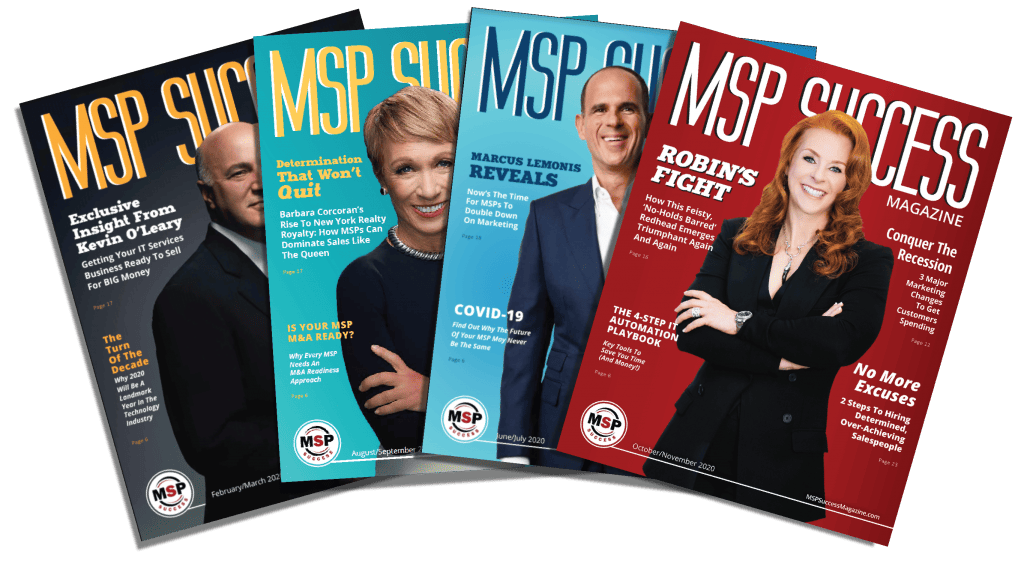Our country celebrated Veterans Day over the weekend, a day steeped in gratitude and reflection. This week we turn the spotlight on five remarkable individuals within our MSP community—Randy Martinez, Tim Conard, Charles Henson, Wayne Hunter, and Tommy Thornton. These veterans are among many who served our nation and are now at the helm of the IT industry as leaders of MSP businesses. Their experiences are more than inspiring stories; they are blueprints of resilience, endurance, discipline, and leadership.
While we could not speak with all the military veterans in the MSP community for this story, we did ask these five veterans about how their time in the service became a cornerstone of their entrepreneurial success.
Train Your Troops And They Will Perform Well
Randy Martinez, United States Army (1984-1992), CEO of IT Pros Management
Randy Martinez hates when people call him “boss.” If his years of training and active duty taught him anything, it’s that there’s a big difference between being someone’s boss and being their leader.
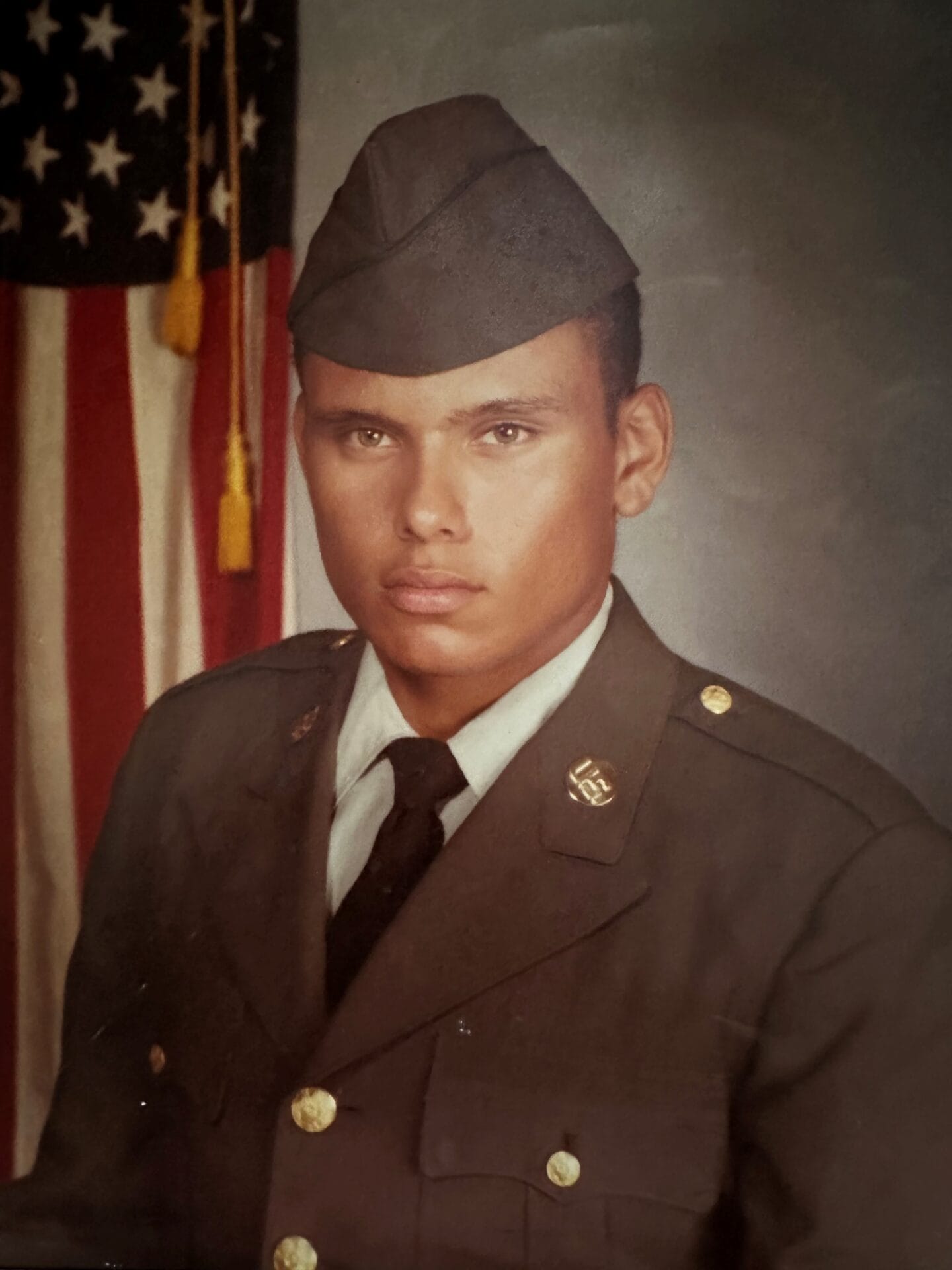
“In military leadership training, you learn how to communicate properly and get your ideas across to people in a way that you’re not talking over their head, but you’re communicating your point,” he says. “When I present information to anybody, whether a client, co-worker, employee, or a potential client, I use those same structures.”
Martinez says that learning to be a leader and training younger soldiers was one of his biggest motivations during his military career. “The 11 Leadership Principles and 14 Leadership Traits ingrained into me in the military allowed me to move forward and use those same things in the workforce, whether I was an employee, supervisor, manager, or now as a business owner. I use those principles and traits often, and they allow me to be an excellent leader in my company and for my clients,” he says.
Another critical component of Martinez’s military training that helped him build a resilient business today is stress management. Martinez was a helicopter gunner during the U.S. Invasion of Panama. A young soldier at the time, he remembers hesitating as rifles shot at the aircraft from below. “You are given an order not to engage until you are engaged. It was the first time I was shooting at another person,” he says. “I asked everyone, ‘Should I shoot?’ At a certain point, somebody came on in my headset and said, ‘Just shoot!’ Then my training kicked in, and I remembered how to aim, shoot, and burst, and everything kicked in at that point.”
Though problems are never life-threatening at IT Pros Management, there’s always day-to-day stress. “Things come at you, and you’ve got to be able to handle them in a way that’s not going to alter your judgment,” Martinez explains. “That’s when you lean back on your training.”
Martinez pays for employee training so that when faced with challenges, they are never reactive. They can manage situations effectively and work through problems faster because they can return to their training.
“I think that comes back to this military ideology and mentality that I, and most military leaders, have, which is to train your troops, and they’ll perform well,” he says. “That’s a mantra that I follow to this day.”
Instill The Will To Accomplish Hard Missions
Tim Conard, United States Marine Corps (1988-1992), President of TS Conard Inc. Technology Solutions
When he first saw a U.S. Marine in his crisp, formal blue dress uniform, Tim Conard was 5 years old. “I saw the respect that he got, and I decided at 5 that I was going to become a United States Marine,” he says. “Three days after my 17th birthday, I had my parents sign my papers.”
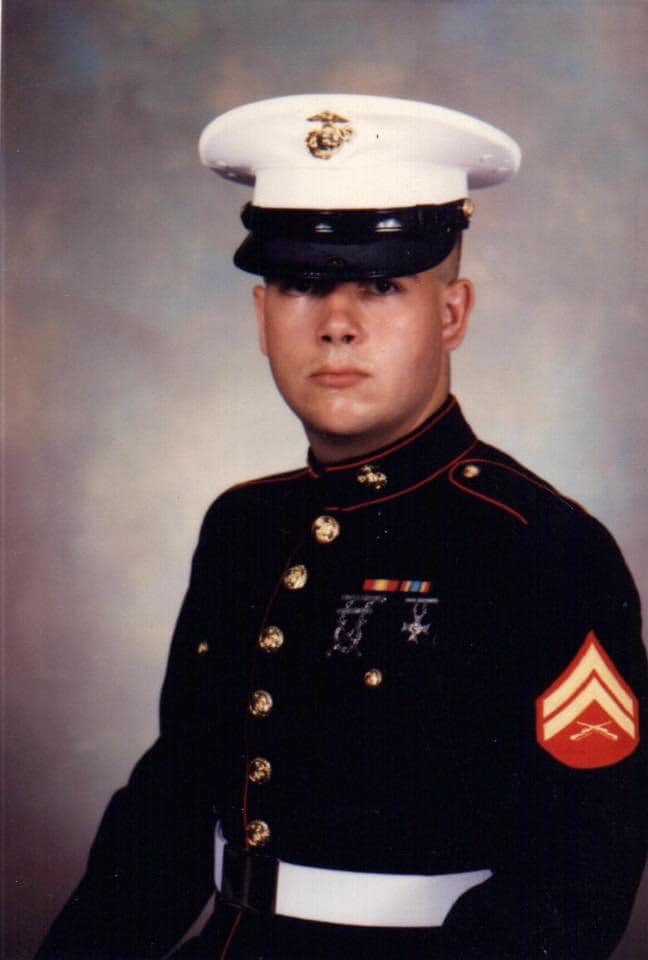
Being a Marine is core to who Conard is today—a distinction he carries with pride, living by the principle, “Once a Marine, always a Marine.” The most profound takeaway from his service is the will to achieve the mission at hand.
“It doesn’t matter how hard something is. You have to accomplish that mission,” he explains. The same applies in the IT field.
Conard’s longest working day was 33 1/2 hours, helping a manufacturing plant get back up and running. “It was wrought with difficulties and setbacks, but we just had to keep going until we got it all done because if that manufacturing plant didn’t run, 100-plus people didn’t get to work the next day,” Conard recalls. “You don’t have a choice. You have to overcome, adapt, and improvise to accomplish the mission. So that’s what we did.”
But Conard says accomplishing the mission doesn’t mean never making a mistake. He learned early on in the Marines that the key is having a growth mindset, something he teaches his team today, often by example. “My team will tell you Mr. Conard makes mistakes. But you own it, you learn, and you move on,” he says.
Whether or not you have a military background, Conard says, you can learn to improve yourself. “You can develop new skills, a new culture, and evolve. If you can’t do that, you probably shouldn’t be an MSP owner,” he warns. “It’s our job as leaders to continually grow and become better.” That doesn’t mean he—or anyone else—is perfect. The point is you don’t give up.
“Often in life, people run into challenges and quit,” he says. “That’s something the United States Marine Corps does not do—quit.”
Standard Operating Procedures And Work As A Team
Charles Henson, Army National Guard (1987-1995), Owner at Nashville Computer
There was only one stoplight in Charles Henson’s hometown, and his career options after high school were just as limited: Work at a factory or the local Sonic. Initially, he joined the Army National Guard at 17 to escape his small-town life. But weeks into boot camp, Henson realized the military wasn’t simply a way out—it was a way forward.
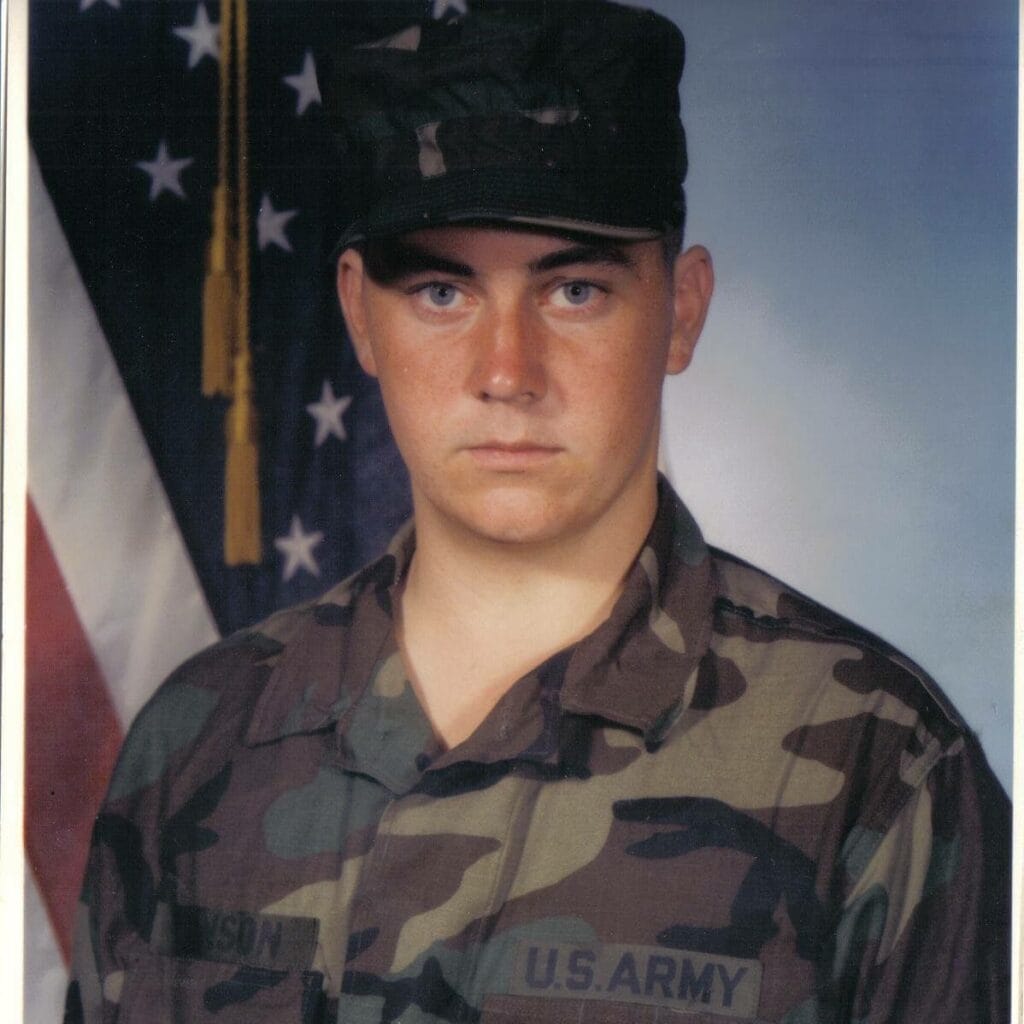
“It showed me things I didn’t realize I could do,” he says. Day in and day out, he woke up at dawn, made his bed, and ran 3 to 5 miles—all before a full day of training. He lost 17 lbs. in two weeks.
“By the time I went back to school, I was like, ‘Wow, I can take on these different classes and get things done,’” Henson explains. “It taught me discipline to show up and be attentive in class, and it changed the trajectory of where I was headed in life.”
Henson points out that discipline in the military wasn’t just about making sure your shoes were polished or having the same haircut as everyone else. It was about following standard operating procedures and working together as a team.
“There’s a certain way to shine your shoes, make your bed, and organize your things. If sergeants come in and you’re different from everybody else, the whole place gets destroyed, and everybody has to start over. You come together as a community and strive to get things done properly,” he says. “They teach you that you aren’t an army of one. You are an army of people. So, you learn not to look out for yourself, but start looking out for others.”
At Nashville Computer, his team operates with the same philosophy.
“We are a team of people who help each other out and look out for one another,” he says. “We take care of our team, and our team members take care of our clients.”
However, good leadership training is critical to developing a solid team. In the military, Henson was sent to a Preliminary Leadership Development Course (PLCD). There, he learned how to work with people and handle difficult conversations.
“I was very fortunate that I got to go through that training because it was something that I believe helped me focus on how to help others in a way that will benefit them,” he says. “You ask them, ‘What solution to the problem do you see?’ It’s how you ask the question so that they have involvement. I believe that’s why we are such a powerful team today.”
Give Your People Agency And Let Them Succeed
Wayne Hunter, United States Navy (1980-1986), President and CEO of AvTek Solutions Inc.
If you asked Wayne Hunter if he’d choose to go through the U.S. Navy—the intense boot camp, training, and years in a submarine—all over again, even if he had all the money he needed to go to college, his answer would be an emphatic “yes.”
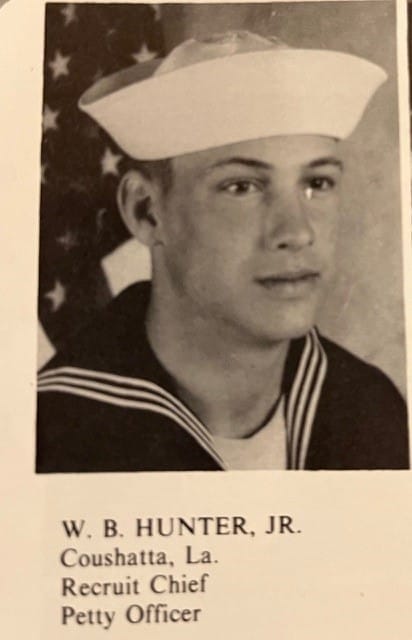
Hunter’s childhood was shaped by modest means. As the oldest of six in a financially strapped family, college seemed out of reach despite his academic achievements, including finishing as his high school valedictorian. However, a career in the military was his ticket to an excellent education.
“Our whole family had many people in the military—Air Force, Army, Marines—you name it,” he says. In fact, he and his wife can track family military service back to the Civil War. So, Hunter took the Armed Services Vocational Aptitude Battery test and scored very high.
“Because of that, I was able to get into advanced electronics and volunteer for the Submarine Force, which gave me even higher-level training,” he says. “I could choose to do that and have some of my college paid for, or I could work and put myself through college.” He chose the Navy. “Plus, you get to see the world a little bit. Well, some of it, anyway. Most of it, I was underwater,” he jokes.
His experience on the submarine force was unique. He enjoyed learning about advanced electronics and computers, an obvious asset to his later IT career. However, “it was more about learning to adapt quickly because if something broke in the sub, you couldn’t just run down to RadioShack. You had to plan for it ahead of time and learn how to deal with adversity on the fly,” he says.
From a business standpoint, adapting is essential, Hunter explains, because you never know what’s going to happen, and you must be ready. The key to preparation: Process.
“You have processes and procedures. You follow it, and there’s an outcome. That’s what the military primarily is. You do things right, and you do them consistently,” he says.
But he also learned that following a process or framework doesn’t mean there is only one way to do something.
“My commander, Captain Warren, taught me about giving people agency. We had to achieve a certain outcome, but he let me add my variances to it and apply what I was learning. As a leader, he inspired me,” Hunter remembers.
“Now, I let my people bring their own piece to the job to get the same outcome. It’s one of the hardest parts as CEO, to let things go and trust people will do it.” But Hunter says, let them. “Let them succeed in it and guide them when needed.”
Though Hunter doesn’t report to a captain anymore, he says having an accountability group or partner is still critical to his leadership today.
“Part of what changed me in the military was to listen to my superiors and take advantage of the skills I was learning,” he says. “In the military, you were part of a unit—not an individual. That’s how you function as a team. As a CEO, you need to have that same thing. I had to find other mentors and people I could talk with later in life that helped me get to where I am today. I’ll still do peer and accountability groups for as long as I can because I learn something every day from it.”
Lead By Example For Work Ethic And Keep Morale Up
Tommy Thornton, United States Marine Corps (1997-2001), CEO, Automates
By the time he was 13 years old, Tommy Thornton knew he wanted to be a “computer guy” and own a computer business. The problem was that his rural hometown in south Georgia didn’t have the resources he needed to pursue that dream.
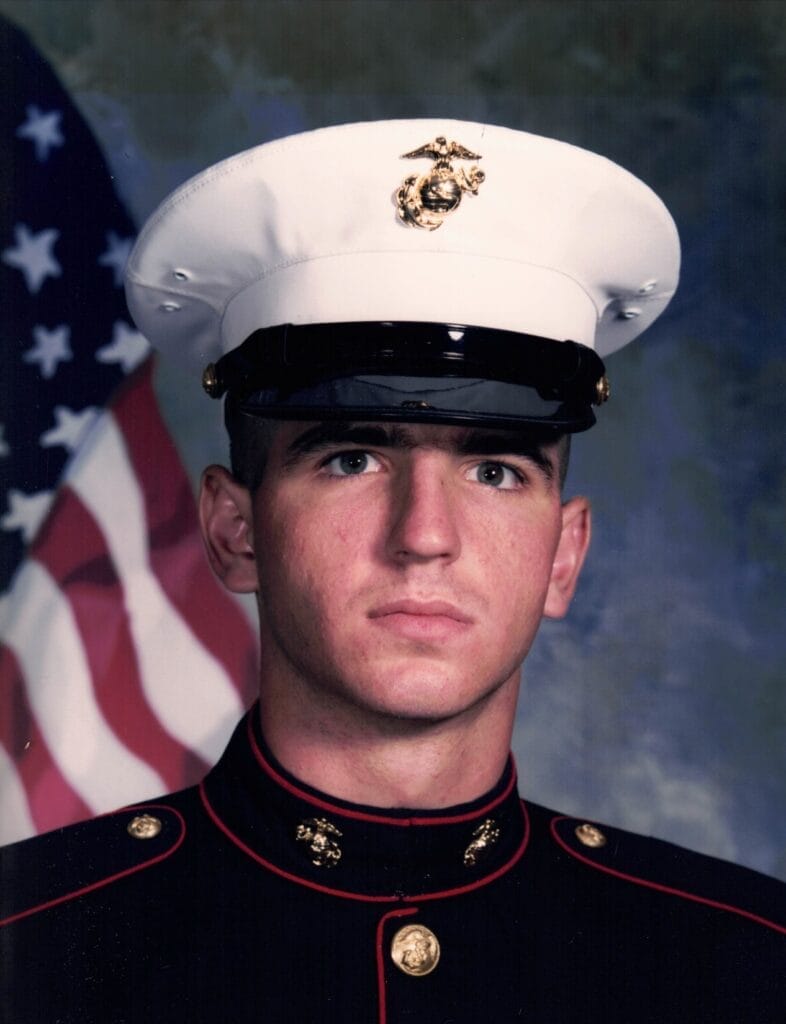
He enrolled in college but came to a poignant realization after paying the first quarter’s tuition. “I just knew I didn’t have the discipline to make it through college successfully,” he says.
He didn’t go to college right away and instead joined the Marine Corps. “The truth was I used the Marine Corps as much as they used me. I wanted to improve my life. I knew I needed discipline, and I used the Marine Corps as a steppingstone to establish myself,” he says.
The Marines gave him the skills, discipline, and education he needed to achieve his goals. He quickly moved up the ranks, becoming a meritorious Marine and picking up sergeant before he was 21.
Decades later, as CEO of Automates, Thornton credits much of his success to his experience as a Marine. “That’s what got me here. If I look back and say, what’s the one thing I would never change, it would be the Marine Corps,” he says.
Additionally, he learned skills that set the foundation for a career in IT.
“A lot of the Marine Corps is troubleshooting, being adaptive and improvising,” he says. “It’s always about troubleshooting from the very easiest thing first. If a computer is down, you check to see if it’s plugged in. Then you move on to other things in the troubleshooting process.”
Today, Thornton’s work ethic is still deeply rooted in the discipline he learned as a Marine. “I’m going to arrive before my team gets into the office, and I’m going to be the last to leave every day,” he says. Setting that example of discipline is essential to leading a team, and so is managing morale.
“Sometimes morale can dip in the Marine Corps, and the same can happen at work. Being able to motivate our troops is just like you motivating your service delivery team. It directly correlates,” Thornton explains. “It’s something I use daily to get my team to accomplish a vision or mission they may not fully see.”
He helps manage morale by building relationships with his team members. “They respect you as the CEO and business owner already, but nothing can make their day happier than saying, ‘Hey, go to lunch with me real quick.’ It’s just very empowering.”
Being a Marine ultimately helped Thornton accomplish his personal goals and gave him the skills to help others do the same.
“I’m so goal-driven because of the Marine Corps that I also ask everyone to give me their personal and professional goals on a quarterly basis,” he explains. “I work hand-in-hand with my leadership team to get them to accomplish their goals.”
How To Bring Veteran Excellence Into Your MSP
A common thread among these veterans is their commitment to bringing fellow veterans into their fold. They recognize that by hiring veterans, they reinforce their teams with individuals who’ve already proven capable of working in challenging environments.
“If I can depend on them to take care of our country, I can depend on them to take care of our clients,’” Henson says.
Our veterans highlighted the valuable qualities military veterans bring to any organization, including punctuality, attention to detail, team collaboration, discipline, and a goal-driven mindset.
They also shared advice about where to find and recruit veterans:
- Explicitly welcome veterans to apply for your job postings on platforms like Indeed and your website.
- Call your local Veterans Affairs offices, military bases, and recruitment offices who may know of a veteran transitioning back to civilian work after service.
- Post jobs in Army, Navy, and Air Force publications.
- Post jobs on veteran job boards like Vetjobs.org and Military.com.
For more information on how to hire a veteran, visit The U.S. Department of Labor’s website.
We Thank Veterans For Their Service
As we take a moment to reflect on the stories of these and other veterans, let’s also acknowledge their unwavering commitment to excellence, innovation, and leadership. And Hunter reminds us, “Everyone in the military today volunteers. If you see a veteran, thank them for their service.”
MSP Success thanks all military veterans for their service and would like to offer a special thanks to the following MSPs who let us know they served. Know someone who isn’t listed? Please share this article on social and tag them with a thanks!
Mark Adair, Managing Member, Adair Technology
Stephen Arndt, President, Silver Linings Technology
Cohen Barnes, President/CEO, SundogIT
Jon Berry, President, Green Olive Tree Inc.
Leo Bletnitsky, President, Healthy Technology Solutions
Mike Bowe, President, On-Site Computers Inc.
Mike Castaldi, Principal/CTO, Wild Frog Consulting
Melvin Chatman Jr., CEO, Business Continuity Technologies
Ray Coffin III, President, All-Access Infotech LLC
Ron Cotsopoulos, Operations Manager, Kobus Technologies
Matthew Disher, President/CEO, Southwest Networks Inc.
Pete Frasco, CEO, Intelligent IT
Aaron Gigley, Owner, ASG I.T. Consulting LLC
Dan Heimler, CEO, Watchdog Cyber LLC
Stefan Hellersperk, President/CEO, ACS Computer Services Inc.
Bryan Herbstritt, President/CIO/CTO, Fidelitech Solutions Inc.
Jason Johnson, President/CEO, Johnson Business Technology Solutions
Justin Kelley, CEO, IMPACT Technology Group Inc.
Dean Lause, CTO, Argentum IT
Adrian Lorduy, CEO, BuenaVista Information Systems LLC
John Maguire, Solutions Architect, Magoo & Associates LLC
Elvis Moreland, vCISO, Blue Cyren
Jeff Morrison, Senior Engineer, The Technology Depot
Bob Nance, CEO, Novation Systems
Adam Pittman, President, Computerbilities Inc.
Jason Read, Co-Founder, RTB Technologies, LLC
Matthew Rebstock, CEO, Tech in a Flash
Susan Rouse, CEO, AG Grace Inc.
Russell Short, CEO, SYN Cyber
Frank Smith, President, Idea Solutions
Eric Stefanik, President/CEO, Elliptic Systems Corp.
Ivan Velez, Managing Partner, TDI Networks Inc.
Ernest Watson-Bey, Owner, Data Logg Technologies Solutions Corp.
Michael Whitcomb, President, Loricca
JD Zluticky, President, Essential IT Services Inc.
Gareth McKee, CEO, Burnt Orange Solutions (British Army, Royal Corps of Signals)





